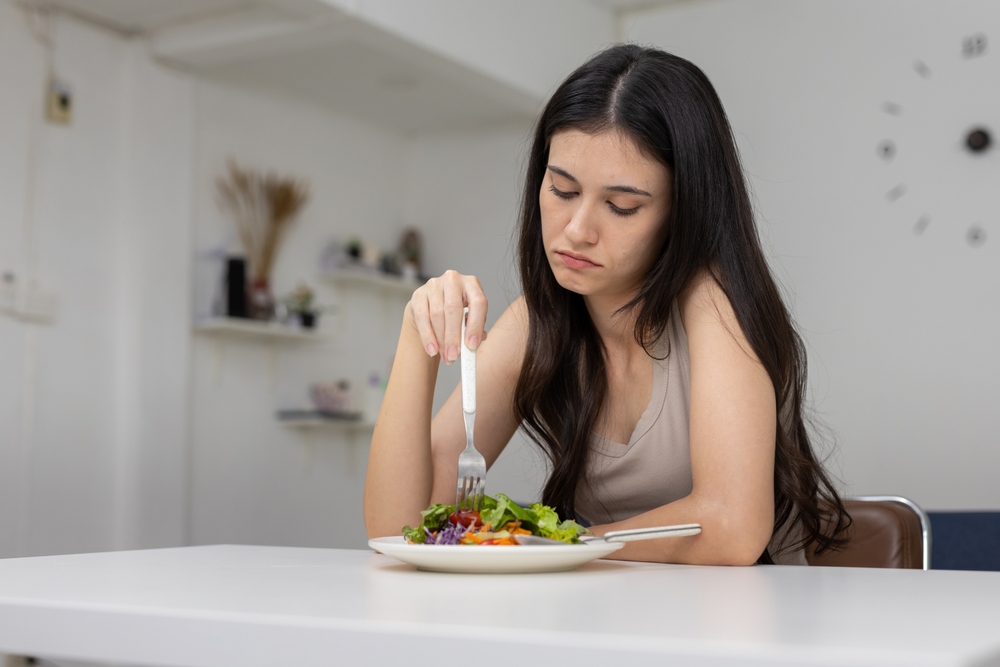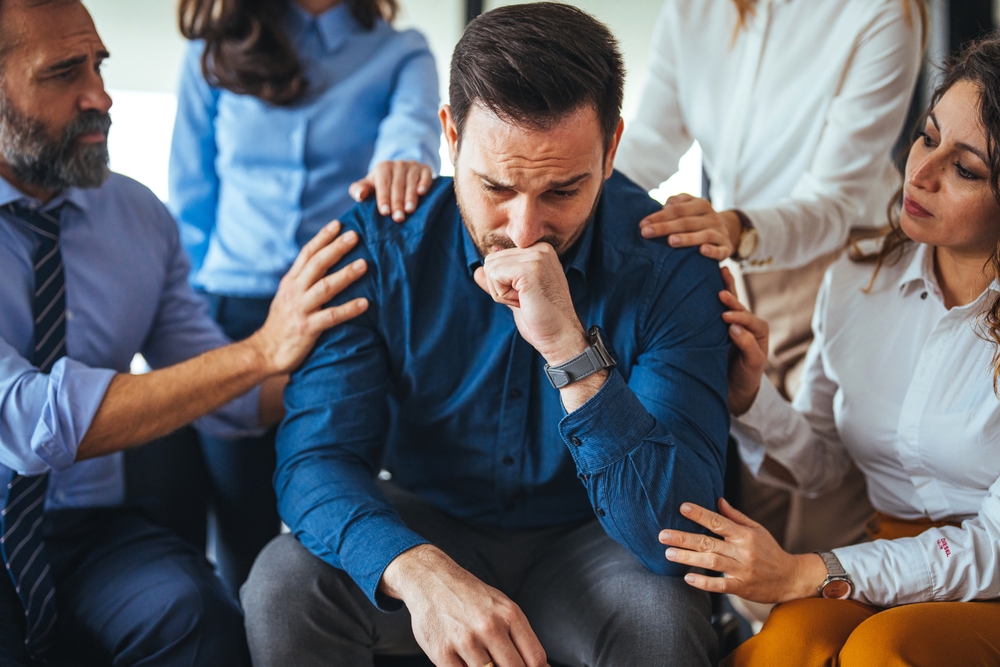September is National Alcohol & Drug Addiction Recovery Month. If you or a loved one is struggling with drug or alcohol abuse, the 2020 COVID-19 pandemic has likely brought on a unique set of challenges. During the pandemic, it is normal to feel vulnerable and anxious about the unknowns. We look to each other to share our worries and to support one another. Those that are struggling with alcohol or drug addiction will have a unique set of worries, especially since alcohol and drug use disorders are chronic, relapsing diseases.
Even for those who do not have a drug or alcohol disorder, alcohol consumption weakens our immune systems, and those who do suffer from a disorder may be more vulnerable to getting COVID-19. While being socially distant and helping the nation flatten the curve of COVID-19 infections is important, treating drug and alcohol addiction is equally as urgent.
During the COVID-19 pandemic, an individual recovering from addiction may experience:
- Loneliness (brought on by social distancing or quarantine)
- Anxiety
- Increased susceptibility to infections due to a lower immune system
- Restricted access to alcohol or drugs if actively using, which may cause withdrawal symptoms
- Inability to attend support meetings or doctor visits
Understanding and acknowledging the current difficulties during this unique time could potentially help mitigate related risks, such as using drugs or alcohol to self-medicate. The COVID-19 virus is a new virus that is more serious for those over 65 years of age, those with pre-existing medical conditions, and those with weakened immune systems. Many studies have shown an association between drug and alcohol use and weakened immune systems, particularly susceptibility to pneumonia. Even if drinking is under control, acute binge drinking, even for non-chronic alcohol drinkers can still cause negative health consequences by compromising the immune system.
Drug and alcohol abuse is harmful to the heart and lungs. In order to fight off symptoms of the COVID-19 virus, which are primarily respiratory symptoms, we must work to take care of our bodies even more than usual. If you or a loved one are just getting sober, special care must be taken in order to handle symptoms of withdrawal. Work with your healthcare providers to manage the recovery process while also staying safe, especially if a medical detox is required.
Anxiety during this time is normal, but periods of fear and doubt during the COVID-19 pandemic may cause some to relapse in order to self-medicate. If you or a loved one are struggling with feelings of unease, frustration from contradictory information, or financial struggles, it can be scary. Using drugs or alcohol during this time will only increase anxiety and create more problems, such as developing another pattern of recurrent drug and alcohol use. Because there is a relationship between drug and alcohol use and anxiety, individuals struggling with a substance abuse disorder will need to be proactive. Staying off social media, limiting the amount of time spent watching the news, and creating good habits is essential. Good habits include making time for exercise, spending time outside, getting adequate sleep, and eating healthy meals.
Isolation is a major hurdle for those with drug and alcohol addictions. Social withdrawal increases loneliness and depression, which are often factors that contribute to substance abuse. While isolating from friends and family to minimize the spread of COVID-19 is important, there may be unintended consequences. It is important to work to create and maintain social connections that are beneficial to staying sober or working to become sober. Technology has been incredibly helpful for those suffering from addiction and seeking to maintain social connections and attend support meetings.
There are other resources available to you or your loved ones as well during the COVID-19 pandemic. We’ve listed them below:
Substance Abuse and Mental Health Services Administration
Available 24/7, 365 days a year in English or Spanish. Call 1-800-662-HELP (4357)
Alcoholics Anonymous
Find a Meeting: https://www.aa.org/pages/en_US/find-aa-resources
Many meetings are being held digitally at this time.





